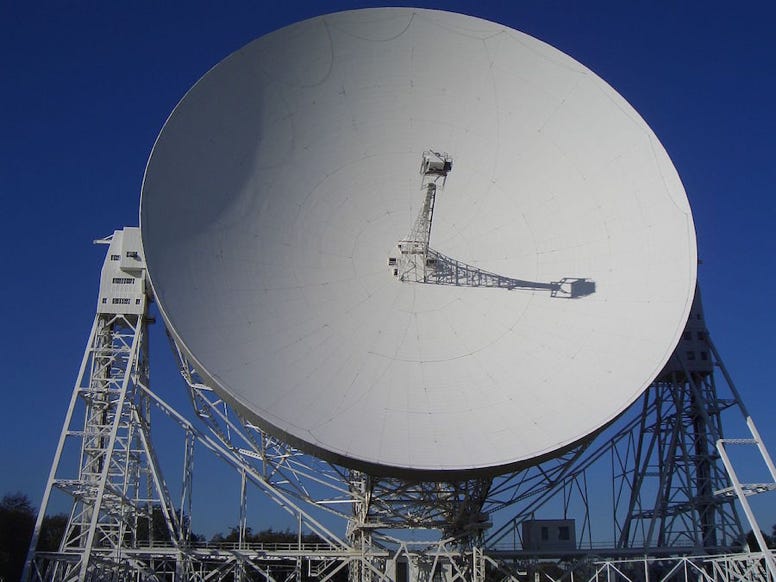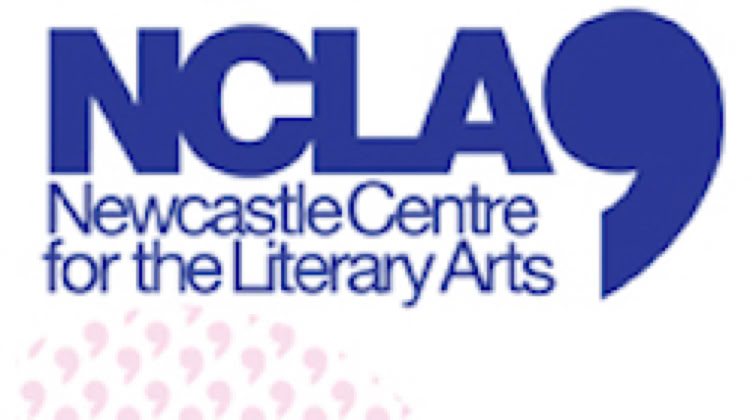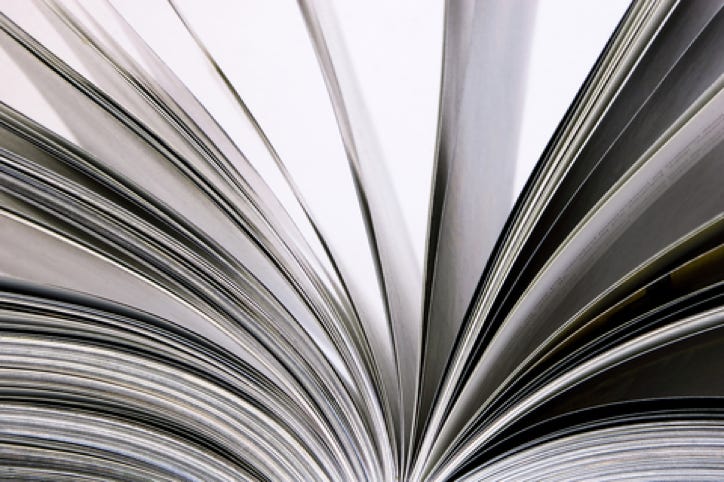OCTOBER 2014
Jodrell Bank launches a new discovery website
My love affair with the giant dish at Jodrell Bank, also known as the Lovell telescope, began decades ago when I first saw the massive white circle looming above the empty winter fields on a visit just after Christmas. The visitor's centre at that time seemed a rudimentary affair of coffee and postcards. But we stayed for hours, standing in the cold, staring at the dish. The sheer scale of the thing and the sinister slow movement of its rotating wheels carved themselves into my memory. The great white disc with its extended proboscis searching the infinite sky stood vertical in winter, peering over the edge of the earth. In summer the creature lay flat on its back, like an exhausted cup, gazing upwards. The great telescope appeared to be watching, and listening; the sounds made by thing, concentrated and subtle, intensified its mystery. I have written a novel, The Strange Case of the Composer and his Judge, and a short story, 'The Bellini Madonna', that directly address the astonishment I still feel in relation to the secrets of the universe revealed at Jodrell Bank. The climax of my novel actually takes place beneath the telescope.
The huge uncanny structure towered above the trees. No houses or lights disturbed the white presence that lifted its perfect face toward the heavens. As they drove closer they saw that the dish was supported by two massive watch towers, tall as pylons, and a network of iron girders, forming another curved mass beneath the solid, parabolic circle. Far beneath the dish a small herd of black and white cows grazed on the dark grass. The gigantic shape loomed over the quiet fields, blanched white as a unicorn in the moonlight, its great horn interrogating the stars.
The Strange Case of the Composer and his Judge (Bloomsbury, 2010)
If we believe in the Big Bang, and I do, then it seems like common sense to imagine that the ever-expanding universe would be slowing down. But it's not. All the parts of this great mass are flying away from each other at ever increasing speeds. This was the vision I described in The Bellini Madonna.
And then something strange overtook her - a rushing movement, slight, distant, gathering. There in the unguarded deep of the night sky she saw the reeling stars, the pale glow of light that had taken two thousand years to reach her, the massed galaxies and planets, spinning outwards into eternity, hurtling away from the gigantic explosion of creation, the distant binary stars and their attendant planets, moving at fantastic speeds away from the centre, glorious, beautiful, unfettered, hurtling into the vastness of eternity. Her eye caught the whirling moons of Saturn, the miraculous trailing gas of the Crab Nebula, thousands of spinning pulsars, the great streaming winds of particles, belching forth from the mass of exploding stars.
'The Bellini Madonna' is published in When it Changed: Science into Fiction Ed. Geoff Ryman (Comma Press, 2009), pp. 221-233.









